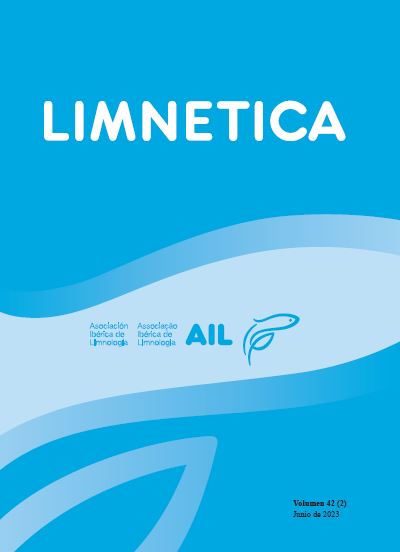Add a dash of salt? Effects of road de-icing salt (NaCl) on benthic respiration and nutrient fluxes in freshwater sediments
Abstract
Winter road salt applications are increasing chloride concentrations in many freshwater ecosystems. This trend is alarming, given chloride’s potential to impair aquatic ecosystems. Short- and long-term exposure to chloride could affect ecosystem metabolism and nutrient cycles. Here, we examine connections between chloride concentrations, water quality conditions, benthic respiration, and sediment-water nutrient flux throughout a large (722 km2) lake and its catchment. Aquatic locations experiencing high concentrations of chloride are indicators of anthropogenic activities and are often associated with additional pollutants. We used sediment core flow-through incubations under ambient and enriched chloride concentrations to determine the effects of road salt on respiration and nutrient fluxes in stream, stormwater pond, and lake sites. Chloride additions caused a significant overall increase in benthic respiration. Acute exposure to chloride caused the strongest increase in respiration at sites having good water quality conditions, when water was warm, and in sites that had low or high ambient chloride concentrations. Nitrate flux responded less uniformly to chloride additions. Depending on waterbody type and season, ambient nitrate flux into the sediment was similar, increased, or decreased post-chloride addition. Dissolved phosphorus flux was not significantly impacted by chloride additions. Across lake and stream sites, our results supported the hypothesis that chloride causes increased respiration while nutrient cycles were weakly and inconsistently altered under experimental pulse road salt additions.
Downloads
Veröffentlicht
Ausgabe
Rubrik
Lizenz
Los autores que publican en esta revista están de acuerdo con los siguientes términos:
- Limnetica está bajo una licencia de Creative Commons Atribución-NoComercial 4.0 Internacional.
b. Los autores pueden establecer por separado acuerdos adicionales para la distribución no exclusiva de la versión de la obra publicada en la revista (por ejemplo, situarlo en un repositorio institucional o publicarlo en un libro), con un reconocimiento de su publicación inicial en esta revista.
c. Se permite y se anima a los autores a difundir sus trabajos electrónicamente (por ejemplo, en repositorios institucionales o en su propio sitio web) antes y durante el proceso de envío, ya que puede dar lugar a intercambios productivos, así como a una citación más temprana y mayor de los trabajos publicados (Véase The Effect of Open Access) (en inglés).


